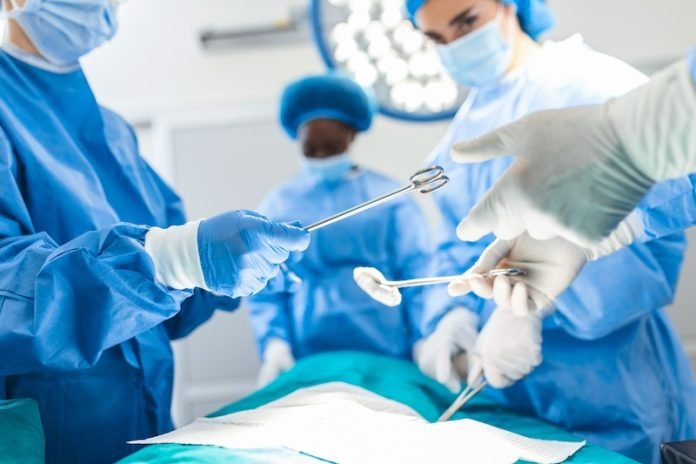
Recovering from heart surgery is a significant phase of treatment for heart disease. Heart surgery can involve procedures such as bypassing blocked arteries, repairing valves, or implanting devices.
While these surgeries can be lifesaving and improve quality of life, the recovery period is crucial and requires careful management to ensure the best outcomes.
After heart surgery, patients typically spend some time in the hospital under close monitoring. This hospital stay can last from a few days to a week or more, depending on the specific type of surgery and the patient’s overall health.
The initial recovery in the hospital is just the beginning; once discharged, the real work of healing at home begins.
Pain Management: It’s normal to experience some pain and discomfort in the chest area after surgery. Managing this pain is crucial because it can interfere with breathing and the ability to cough, which are vital to prevent lung infections.
Doctors usually prescribe pain medications, and it’s important to take these as directed. Over time, the pain will decrease and become less severe.
Wound Care: Keeping the surgical incision clean and dry is critical to prevent infection. Patients will receive instructions on how to care for their wounds before leaving the hospital.
This usually includes advice on bathing, how to spot signs of infection, and when it’s safe to start using lotions or creams on the area.
Physical Activity: Although it might seem counterintuitive, getting moving as soon as possible after surgery is vital. Activity helps to prevent complications such as blood clots and pneumonia.
Initially, this might just mean sitting up in bed or walking around the room or hallways. Gradually, the amount of activity can be increased based on recommendations from a healthcare provider.
Typically, a structured rehabilitation program, often called cardiac rehab, is started after surgery. This program is tailored to individual needs and includes monitored physical activity, education about lifestyle changes, and counseling if needed.
Diet: Eating a heart-healthy diet is crucial after surgery. This diet should be rich in fruits, vegetables, whole grains, lean proteins, and low in saturated fats, cholesterol, and salt.
A healthy diet helps manage body weight, blood pressure, and cholesterol—all of which are important in preventing further heart issues.
Fluid Intake: Keeping hydrated is important, but some heart surgery patients may need to limit their fluid intake. This depends on their heart condition and the type of surgery performed. It’s important to follow the doctor’s advice on how much fluid to drink.
Sleep and Rest: Getting enough rest is essential for recovery. However, some patients may find it hard to sleep comfortably due to pain, stress, or being in an unusual sleeping position (such as sleeping on the back).
It’s often helpful to use extra pillows to maintain a comfortable position and ensure a good night’s sleep.
Emotional Health: It’s common to experience a range of emotions after heart surgery, including depression, anxiety, and irritability. These feelings are a normal part of the recovery process as the body and mind adjust to the implications of the surgery and the changes in lifestyle.
Talking with a counselor, joining a support group, or even sharing concerns with family and friends can be beneficial.
Monitoring Health: After surgery, regular check-ups with the healthcare team are essential. These visits allow doctors to monitor recovery and make any necessary adjustments to medications or other aspects of the recovery plan.
It’s also important for patients to monitor themselves for symptoms such as shortness of breath, chest pain, or changes in the surgical wound, and report these to a doctor immediately.
In conclusion, recovery from heart surgery involves managing physical health through pain control, wound care, diet, and exercise, as well as looking after emotional well-being. Each of these components is vital for a successful recovery.
With the right care, most people can return to a good quality of life and significantly lower their risk of future heart problems.
If you care about heart health, please read studies about how eating eggs can help reduce heart disease risk, and Vitamin K2 could help reduce heart disease risk.
For more information about heart health, please see recent studies about how to remove plaques that cause heart attacks, and results showing a new way to prevent heart attacks, strokes.
Copyright © 2024 Knowridge Science Report. All rights reserved.



